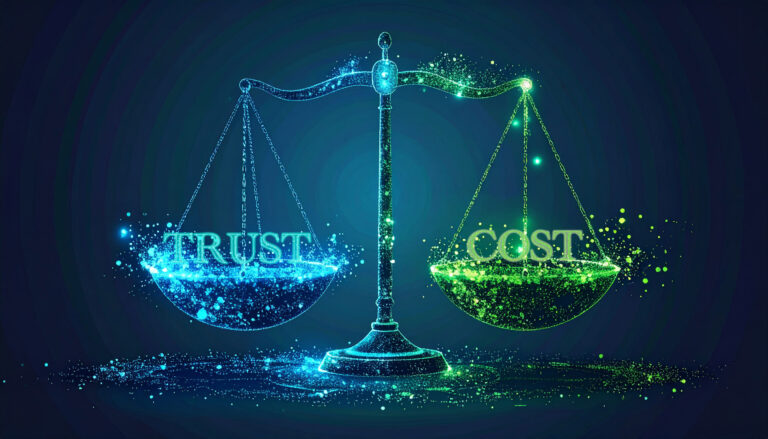AI in Chemicals Market to Hit $10.26B by 2032, Soaring 36%
The Breakdown
Artificial intelligence integration is redefining the specialty chemicals and polymers sector. Explosive market expansion—projected at a CAGR of nearly 36% over the next decade—reflects a decisive shift toward data-driven operations, innovation acceleration, and operational efficiency. From predictive maintenance to rapid new material discovery and dynamic pricing, AI is unlocking tangible value amid rising demands for performance, regulatory compliance, and sustainability. Early-mover regions, notably North America, are leveraging robust infrastructure and aggressive AI investment, further solidifying competitive leads.
Analyst View
Decision-makers are facing a fragmented yet accelerating adoption scenario. Sectors with high-value applications—such as healthcare, advanced materials, and process industries—are rapidly embracing AI as both a productivity lever and a strategic differentiator. This has shifted the expectations of downstream customers, driving demand for tailored, responsive solutions and compelling suppliers to rethink workflow integration and workforce development.
The expanding ecosystem of AI technology vendors and partnership models is heightening competition. Leaders are capitalizing on new collaborative commercialization channels, while laggards risk diminishing share and relevance. Regulatory stringency, particularly around sustainability and process transparency, has become an innovation accelerant—AI enables companies to not only meet, but also anticipate, evolving requirements with enhanced process analytics and real-time compliance monitoring.
Underpinning all of this, scalable digital infrastructure and organizational agility are now prerequisites. Investment priorities are shifting from capacity-only models to technology skillsets and flexible data architectures, as chemical companies prepare for broader and deeper AI integration across every value chain touchpoint.
Navigating the Signals
Commercial and technical teams must intensify their market-sensing activities. The speed at which AI-enabled solutions transition from pilot to full-scale implementation will depend on both organizational readiness and the willingness of channel partners to adapt. Market leaders are already exploring how AI can transform R&D, supply chain resilience, and customer engagement strategies—suggesting the gap between innovation adopters and traditional players will only widen.
For executives, now is the time to challenge internal assumptions regarding digital capabilities, customer appetite for automation, and the adequacy of existing value propositions in a fast-evolving regulatory landscape. Where will value creation stall if AI adoption lags? Are existing partnerships and distribution agreements robust enough to navigate commoditization risks and emerging compliance demands? Alignment between technology, commercial, and compliance teams is essential for sustainable growth.
What’s Next?
Breakthrough Marketing Technology empowers B2B leaders in specialty chemicals and polymers to anticipate disruption and capture competitive advantage. We guide your organization through market complexity and ambiguity by:
- Quantifying and segmenting operational AI adoption rates across customer and competitor sets
- Stress-testing your go-to-market and channel strategies against regulatory, technological, and demand shifts
- Prioritizing investment and partnership models based on emerging value chain dynamics
- Aligning internal stakeholders on risk frameworks and opportunity roadmaps, leveraging actionable market intelligence
In an era where technological leadership and ecosystem collaboration define market winners, our insights enable confident, future-focused decision-making.
Source
Understand Your Risk. Seize Your Opportunity.
Take the Breakthrough Market Uncertainty Assessment Guide to pinpoint what’s holding your growth back, and what can accelerate it.


